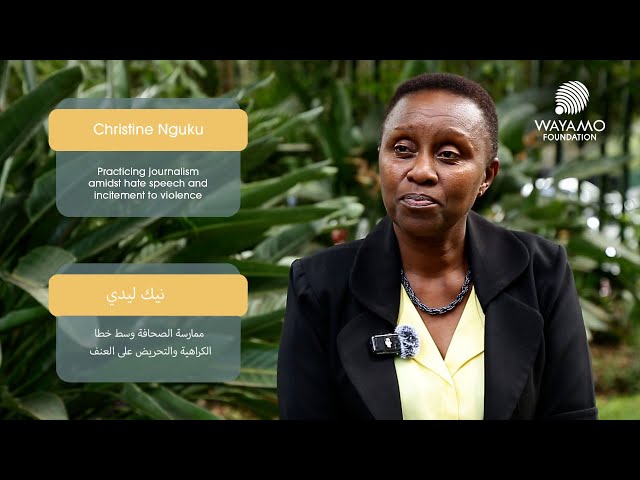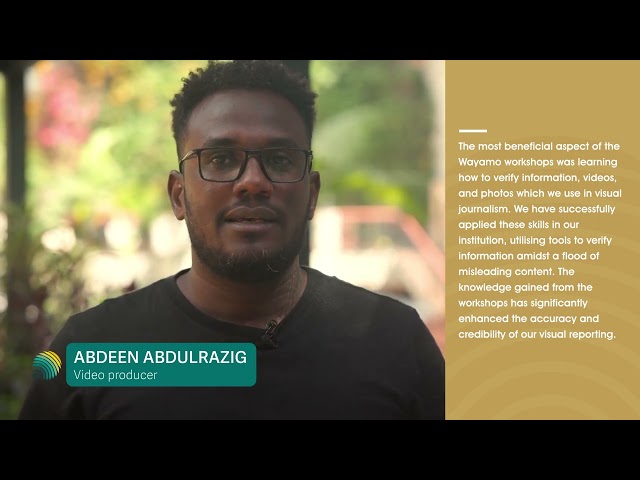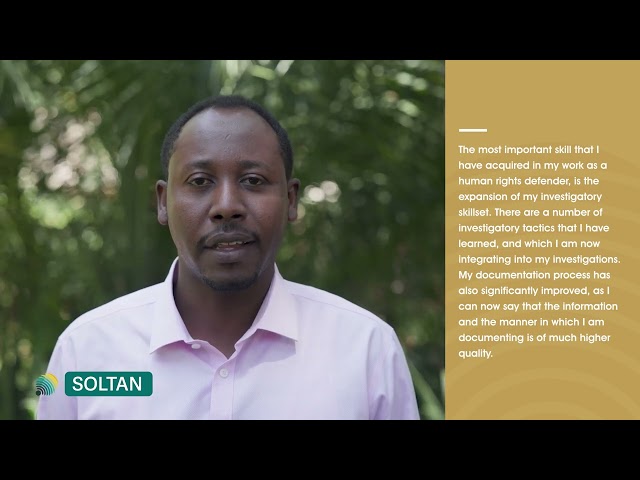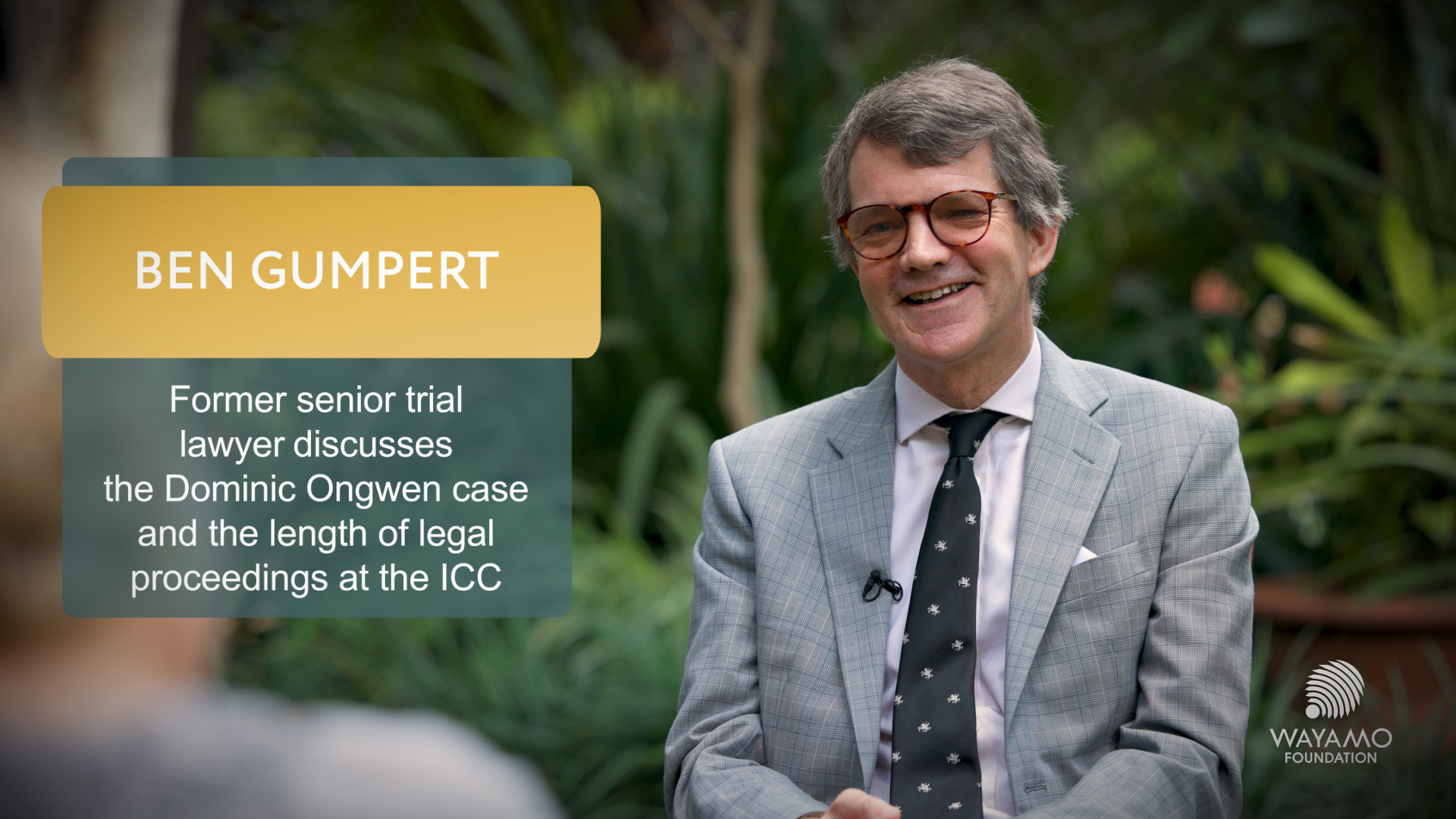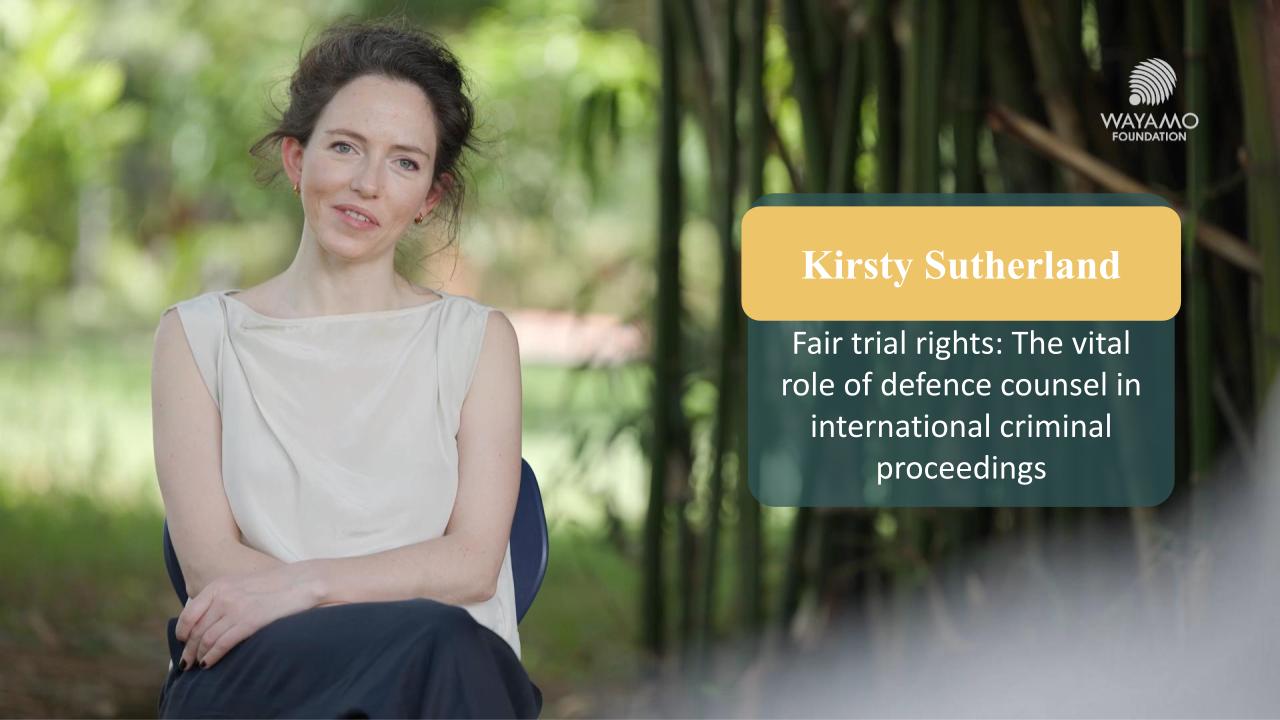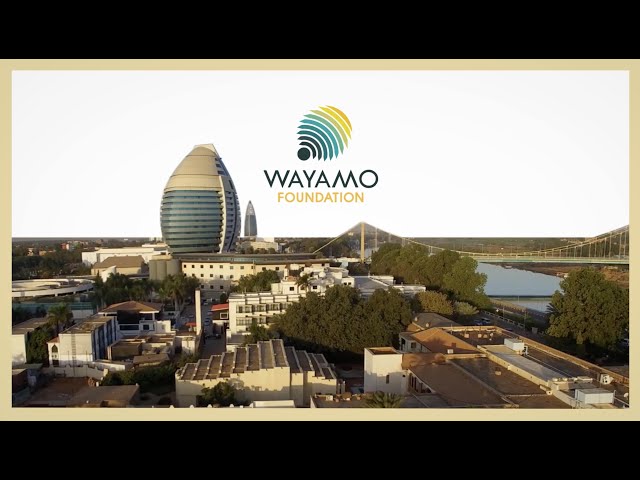Moneim Adam, Access to Justice Programme Director, Gisa INC, talks about the importance of documenting, collecting and preserving open-source information in Sudan, and explains how open-source information can be used in future trials, transitional justice initiatives, memorialisation, and for advocacy purposes.
– 00:28 Why is documenting, collecting and preserving open-source information currently so important in Sudan?
– 01:40 The challenges encountered in documenting human rights violations during and after the 2019 democratic revolution.
– 03:10 Who can contribute to an open-source investigation? What type of personal and professional characteristics do you look for?
– 05:40 The benefits and challenges of having local experts doing documentation.
– 08:06 How do you protect sources and researchers, especially in an armed-conflict setting?
– 10:38 How will open-source information be used to advance accountability in Sudan?
توثيق وجمع وحفظ المعلومات مفتوحة المصدر لأغراض المساءلة المستقبلية
يتحدث منعم آدم، مدير برنامج الوصول إلى العدالة، شركة جيسا، عن أهمية توثيق المعلومات مفتوحة المصدر، وجمعها، والحفاظ عليها في السودان، ويشرح كيف يمكن استخدام المعلومات مفتوحة المصدر في المحاكمات المستقبلية، ومبادرات العدالة الانتقالية، وإحياء الذكرى ولأغراض الدعوة.
00:28 لماذا يعتبر توثيق المعلومات مفتوحة المصدر، وجمعها، والحفاظ عليها أمرًا مهمًا جدًا حاليًا في السودان.
01:40 التحديات التي ووجهت في توثيق انتهاكات حقوق الانسان اثناء وبعد الثورة الديموقراطية عام 2019.
03:10 من يمكنه المساهمة في التحقيق مفتوح المصدر؟ وما نوع الخصائص الشخصية والمهنية التي تبحث عنها؟
05:40 فوائد وتحديات وجود خبراء محليين يقومون بالتوثيق.
08:06 كيف تحمي المصادر والباحثين، خاصةً في بيئة النزاع المسلح؟
10:38 كيف ستستخدم المعلومات مفتوحة المصدر لتعزيز المساءلة في السودان؟

